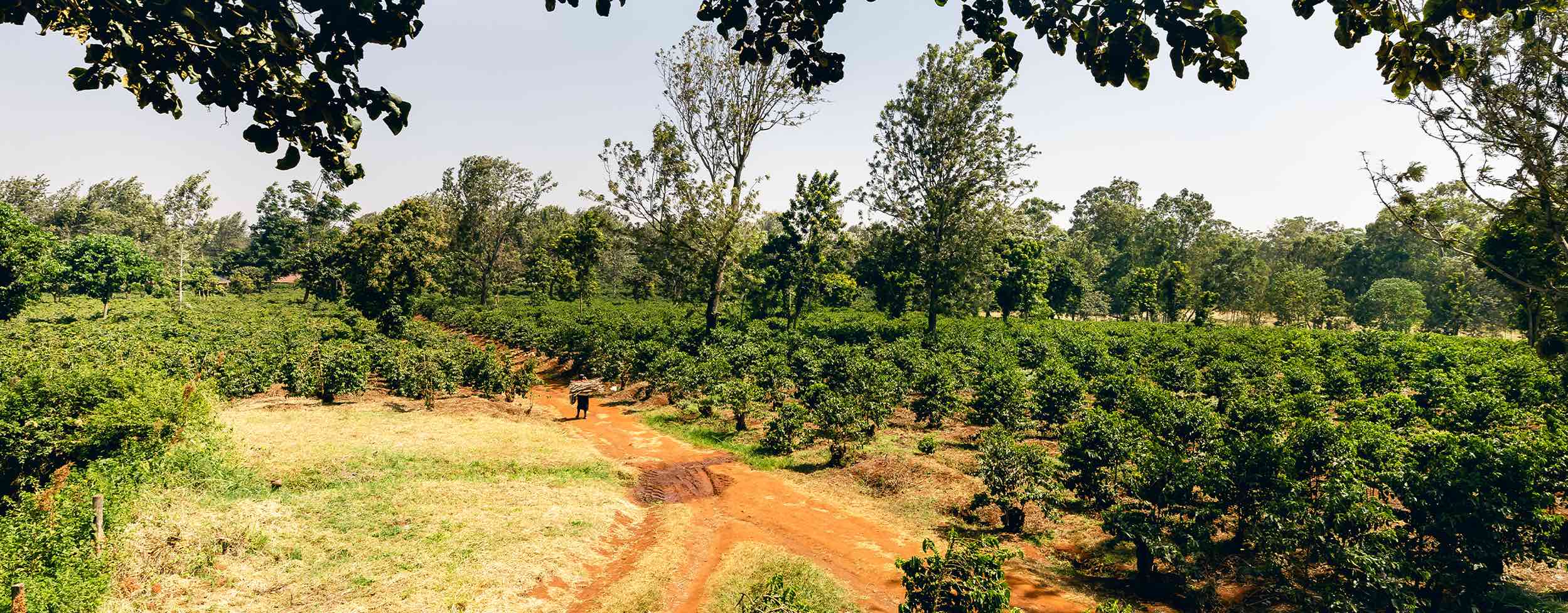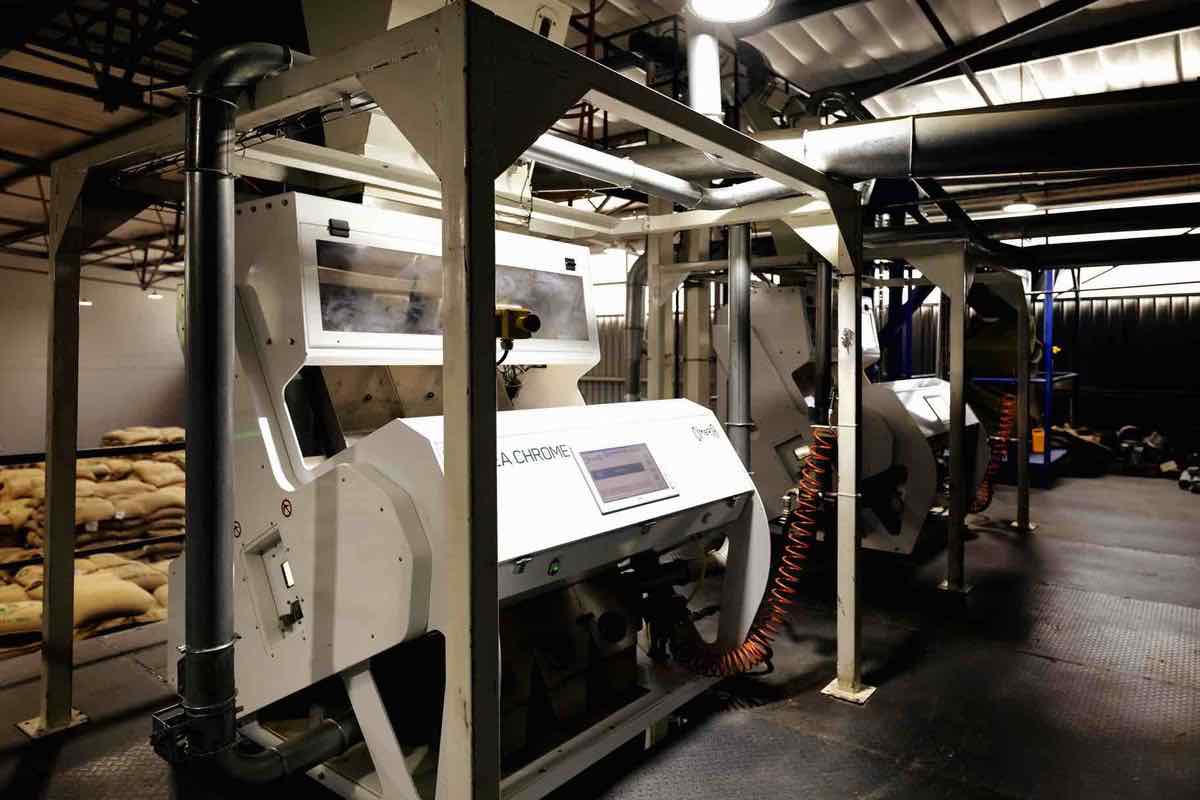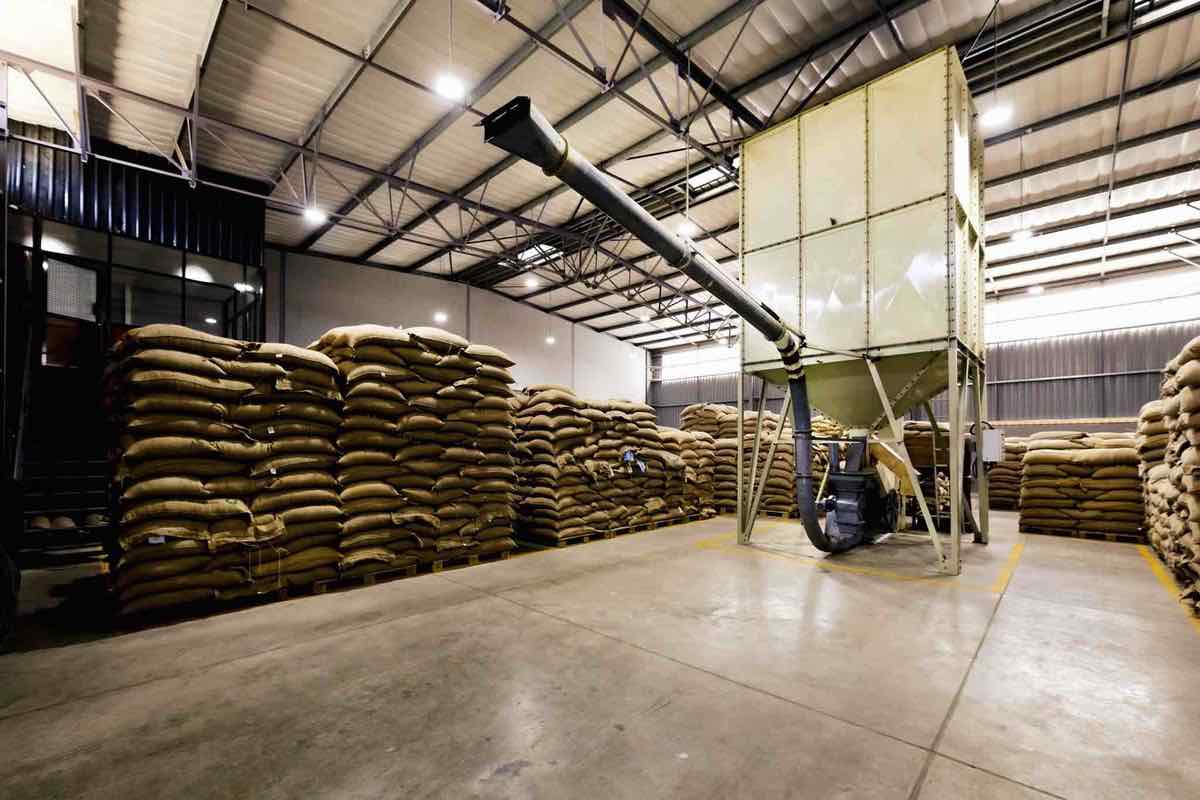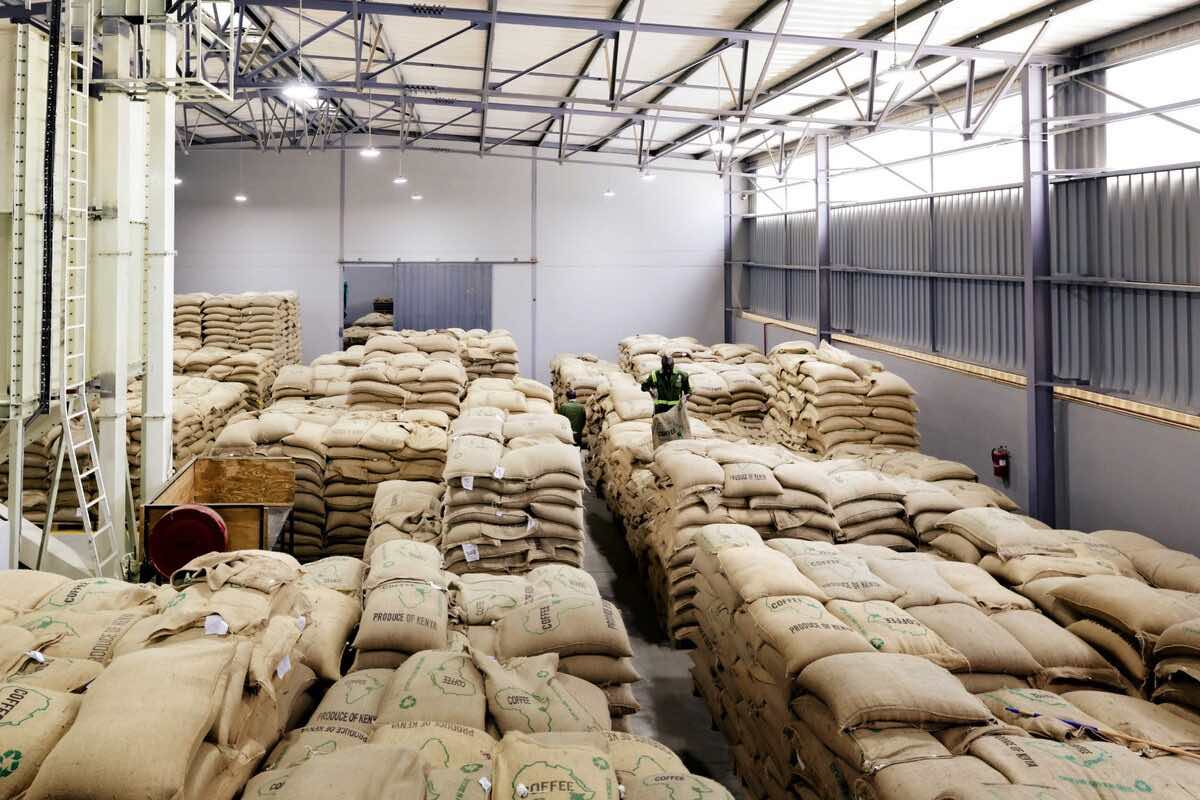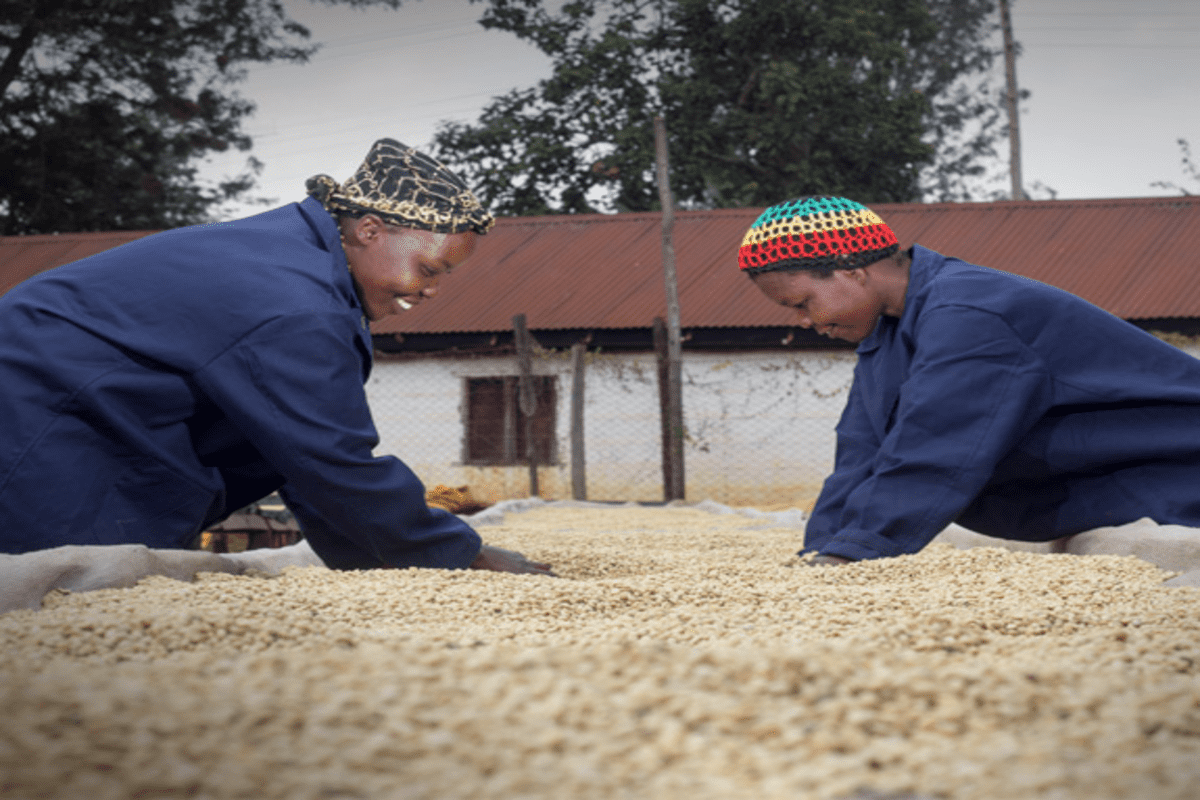Top Coffee Farming Trends in 2023
Introduction:
The coffee industry is constantly evolving, driven by advancements in technology, changing consumer preferences, and sustainability concerns. As we dive into 2023, several emerging trends are shaping the world of coffee farming. In this blog post, we will explore the top coffee farming trends that are gaining momentum and transforming the industry. From innovative cultivation techniques to sustainable practices, let’s delve into the exciting developments revolutionizing coffee farming in 2023.
1. Climate-Smart Farming:
Coffee farming is highly susceptible to climate change, making it crucial for farmers to adopt climate-smart practices. In 2023, we are witnessing a growing emphasis on resilient coffee cultivation techniques. Farmers are implementing strategies like shade-grown coffee, agroforestry, and precision farming to mitigate the impact of climate change, preserve biodiversity, and enhance coffee quality. These practices not only contribute to sustainable coffee production but also make farms more resilient in the face of unpredictable weather patterns.
2. Adoption of AI and Big Data:
Artificial Intelligence (AI) and Big Data analytics are revolutionizing coffee farming by providing valuable insights for farmers. In 2023, the use of AI-powered systems and data analytics is on the rise. These technologies help farmers optimize irrigation schedules, monitor plant health, predict pest and disease outbreaks, and optimize harvest times. By leveraging AI and Big Data, coffee farmers can make data-driven decisions, increase efficiency, and maximize crop yield while reducing environmental impact.
3. Specialty Coffee Focus:
The demand for specialty coffee continues to soar in 2023, driving farmers to shift their focus towards producing high-quality beans. Specialty coffee refers to coffee that has exceptional flavor profiles, unique characteristics, and is often traceable to specific regions or farms. Coffee farmers are investing in improved processing methods, such as natural and anaerobic fermentation, to enhance flavor complexity. Moreover, they are engaging in direct trade relationships with roasters and consumers to ensure fair prices and promote sustainability throughout the supply chain.
4. Sustainable Farming Practices:
Sustainability has become a paramount concern in the coffee industry. In 2023, coffee farmers are increasingly adopting sustainable farming practices to minimize their ecological footprint. This includes employing organic farming methods, implementing water-saving irrigation systems, promoting biodiversity, and reducing the use of agrochemicals. Sustainable certifications like Fair Trade and Rainforest Alliance are gaining prominence, allowing farmers to access niche markets and meet the ethical expectations of conscious consumers.
5. Empowering Smallholder Farmers:
The empowerment of smallholder coffee farmers is a crucial trend in 2023. Organizations and initiatives are focusing on providing technical support, access to finance, and market opportunities for small-scale coffee producers. This helps improve their livelihoods, ensure fair prices, and enhance the overall sustainability of the coffee industry. By supporting smallholder farmers, the industry becomes more inclusive, diverse, and resilient.
Conclusion:
The coffee farming landscape in 2023 is witnessing exciting developments and transformative trends. Climate-smart farming, AI and Big Data integration, a focus on specialty coffee, sustainable practices, and empowering smallholder farmers are all at the forefront of the industry. These trends not only contribute to the growth and profitability of coffee farming but also address sustainability challenges and cater to the evolving preferences of coffee consumers. As we move forward, embracing these trends will be crucial for farmers to thrive in an ever-changing coffee market.
Source :https://www.statista.com/topics/1248/coffee-market/#topicOverview



